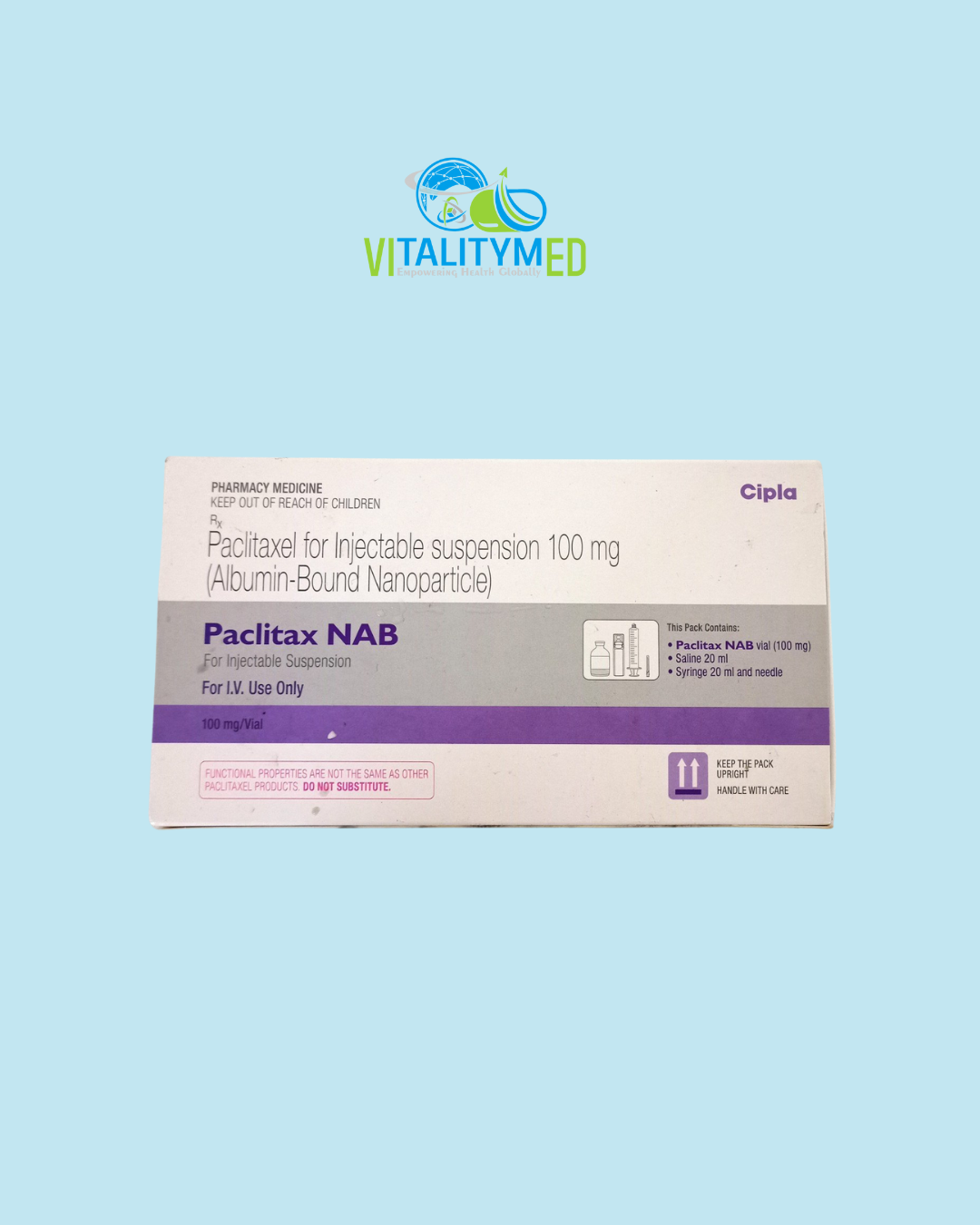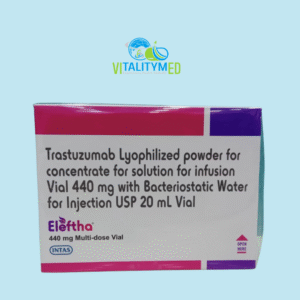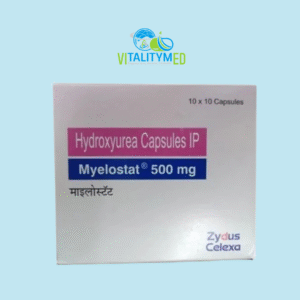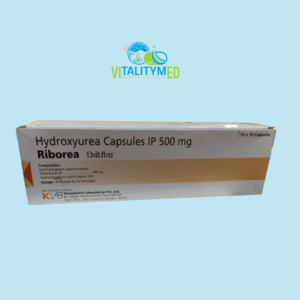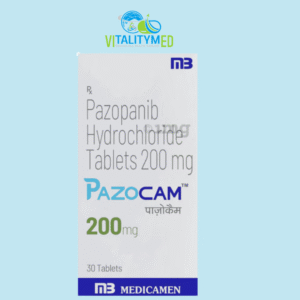Paclitax NAB contains paclitaxel (albumin-bound), a form of chemotherapy specially formulated to improve delivery to cancer cells. Unlike traditional paclitaxel, which uses solvents that may cause allergic reactions, this version is bound to albumin particles, making it solvent-free and generally better tolerated. This formulation is also known as nab-paclitaxel or nanoparticle albumin-bound paclitaxel.
Paclitax NAB is administered as an intravenous infusion, typically in cycles, and is used in cancers that are difficult to treat or have become resistant to previous therapies. Its formulation allows for enhanced delivery into tumors and reduces some of the complications seen with older versions of paclitaxel.
Mechanism of Action
Paclitax NAB works by interfering with the microtubule system within cancer cells. Microtubules are structures necessary for cells to divide. Paclitaxel stabilises these structures and prevents them from breaking down during cell division. This blocks the cancer cell’s ability to replicate and eventually leads to its death.
The albumin-bound formulation enhances delivery by exploiting natural pathways used by the body for nutrient transport, helping more of the active drug reach the tumor site with fewer side effects related to solvents.
Uses
Paclitax NAB is approved for and widely used in the treatment of several solid tumors. It is particularly valuable where standard treatments have failed or where a safer alternative to solvent-based paclitaxel is needed.
It is most commonly used in:
-
Metastatic breast cancer, especially after failure of other chemotherapy
-
Non-small cell lung cancer, used with carboplatin in patients who are not candidates for surgery or radiation
-
Pancreatic cancer, used in combination with gemcitabine
Adverse Effects
As with most chemotherapy agents, Paclitax NAB can cause both common and serious side effects. However, it is generally better tolerated than conventional paclitaxel due to the absence of harsh solvents.
Common Side Effects
-
Hair loss
-
Fatigue
-
Nausea or vomiting
-
Low blood cell counts, increasing the risk of infection or bleeding
-
Tingling or numbness in the hands or feet, due to nerve damage
-
Muscle and joint aches
-

